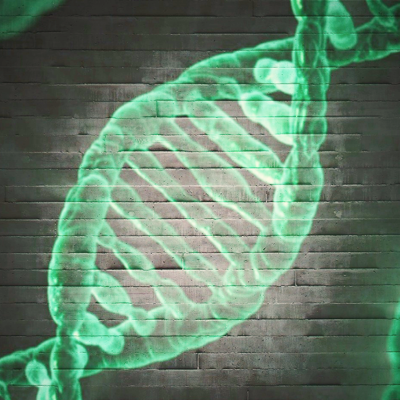
Dietary Fat, but Not Protein or Carbohydrate, Regulates Energy Intake and Causes Adiposity in Mice
The debate on the importance of different macronutrient configurations on body composition has driven many debates and fad-diets. In this new study in mice, published in Cell Metabolism, high dietary fat has been found to be the one diet that was associated with higher energy intake and adiposity.
The study, which involved the controlled feeding of mice 29 different diets varying from 8.3% to 80% fat, 10% to 80% carbohydrate, 5% to 30% protein, and 5% to 30% sucrose, also found an association with increased gene expression of different receptors in the brain. There was increased expression of 5-HT receptors, as well as the dopamine and opioid signalling pathways in the hypothalamus.
It has been documented that mice regulate their energy needs, and thus food consumption, based on caloric, as opposed to protein requirement. However, this study seems to suggest that this system can be compromised by hedonic factors linked to fat, but not carbohydrates. Although this is a long way from proving anything in humans, the shared similarities in energy regulation centres between the two species means that it is possible to speculate that humans share this hedonic factor override of energy regulation systems, which may provide an explanation to unhealthy eating behaviours such as binge eating.




